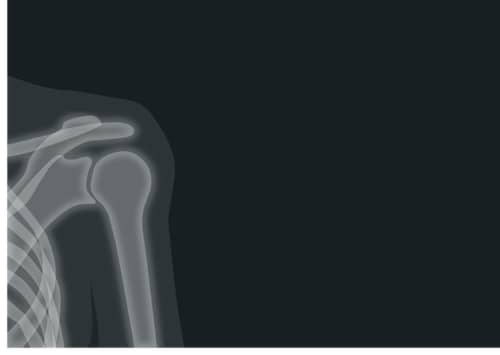Sudden pain can be alarming and uncomfortable. It can happen anywhere in the body and range from mild to severe. This type of pain typically comes on suddenly without any warning. It may be sharp, stabbing, or shooting. Sudden pain can be caused by many different factors such as an injury, infection, or underlying medical condition. It is important to pay attention to sudden pain as it could indicate a more serious issue. Seeking medical attention may be necessary to determine the underlying cause and appropriate treatment.
Causes of sudden severe pain
Sudden severe pain can be caused by a variety of conditions. Trauma to the body is an obvious cause, but other causes are not always apparent. Some causes of sudden severe pain are abdominal pain, which can be caused by appendicitis, bleeding stomach ulcers, or inflammation of the gallbladder. Back pain can be caused by kidney stones or infection, spinal cord fracture, or tears in back muscles or ligaments. Pelvic pain can be caused by intestinal blockage, diverticulitis, or ectopic pregnancy. Head pain can be caused by stroke or ruptured brain aneurysm.
Related symptoms
Related symptoms to sudden pain can vary depending on the cause. If the pain is related to a heart problem, symptoms can include pressure, burning, or tightness in the chest, pain that spreads to the back, neck, jaw, shoulders, and one or both arms, shortness of breath, cold sweats, dizziness, lightheadedness, or weakness. Other types of sudden pain may be caused by conditions such as arthritis or joint pain, back pain, neck pain, headaches, or muscle pain. It’s important to seek medical attention if you experience new or unexplained sudden pain.
Diagnosing sudden severe pain
Diagnosing sudden severe pain can be challenging, but it’s important to seek medical attention if you experience it. To help your doctor make an accurate diagnosis, make notes about the exact location of the pain, when it started, how long it lasts, and what it feels like. Your doctor may want to do tests to determine the exact cause of your pain. Sometimes, your other symptoms might indicate you need immediate medical treatment. If you experience any pain that seems unusual, call a doctor to get the help you need.
How to relief the sudden pain
Home Remedies for Sudden Pain Relief
Sudden pain from injury, accident, or illness can happen to anyone at any time. Luckily, there are a number of home remedies that can help provide relief. The RICE method – rest, ice, compression, and elevation – is great for minor sprains and bruises. In addition, cleaning cuts and scrapes with antiseptics and using warm or cool compresses can help alleviate pain. Over-the-counter pain relievers, such as aspirin and ibuprofen, can also help. And, considering natural remedies like capsaicin, turmeric, and cloves can be effective alternatives to OTC medications.
OTC Pain Relievers
OTC pain relievers are medications that can be bought at stores without a prescription. They are useful for easing pain from a variety of problems such as headaches, arthritis, muscle strains, and menstrual cramps. Types of OTC pain relievers include acetaminophen, NSAIDs, and combination drugs. Additionally, topical pain relievers can be applied directly to the skin to block pain receptors in the brain. While OTC pain relievers can be helpful, it is important to always read labels and follow instructions carefully to avoid adverse effects.
When to Seek Medical Attention
If you have sudden pain, it can be hard to know when to seek medical attention. It’s important to pay attention to other symptoms and the level of pain you are experiencing. If the pain is sharp, persistent, or causing suffering that limits your quality of life, it’s time to seek medical care. Other symptoms beyond localized pain may indicate a problem that requires treatment. If you notice any of these signs, make an appointment to see a doctor who can diagnose the issue and explore treatment options with you.
About the Author
Reyus Mammadli is the author of this health blog since 2008. With a background in medical and biotechnical devices, he has over 15 years of experience working with medical literature and expert guidelines from WHO, CDC, Mayo Clinic, and others. His goal is to present clear, accurate health information for everyday readers — not as a substitute for medical advice.







